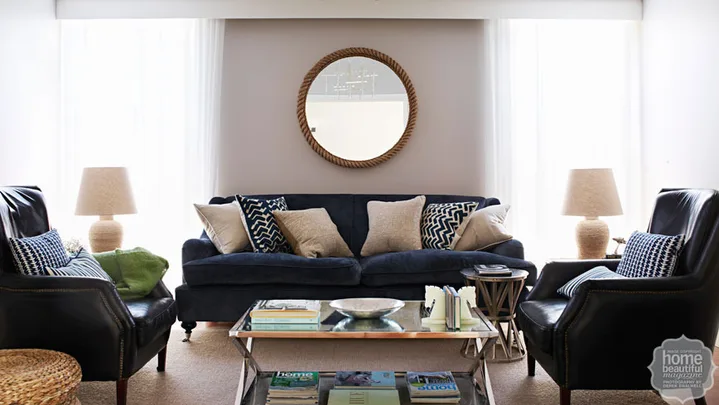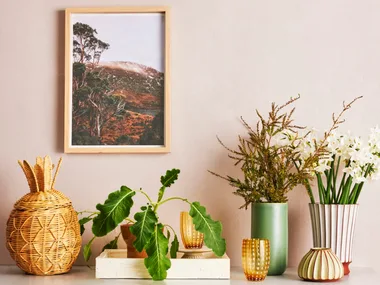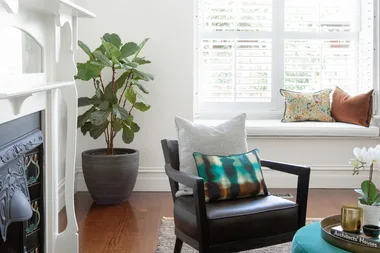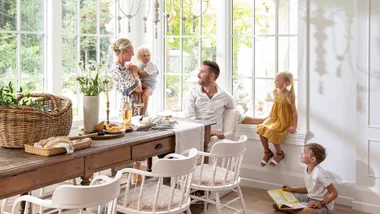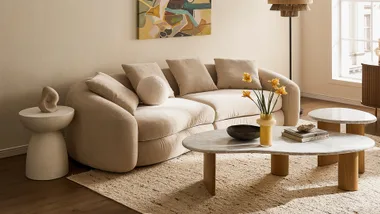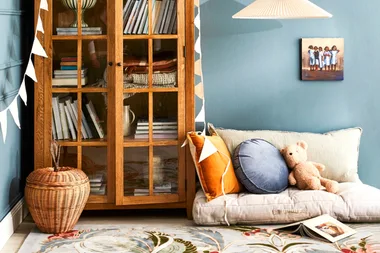A fresh coat of paint in a vibrant new colour is one of the easiest and cheapest ways to revamp a dreary room, but sometimes painting a room doesn’t always goes according to plan.
A colour may not turn out the way you imagined it would, or the paint job just doesn’t feel as polished as you wanted it to. If you’re planning a painting job at home, do these five things before splashing paint on your walls.
Go with your gut
If you’re painting a room or a piece of furniture, the very first colour that comes to mind and fills you with excitement is the colour you should stick with. Quite often, once you’re standing in the paint section at your local hardware or paint store, the huge range of colours can be overwhelming and make you doubt your initial decision. Don’t let it get to you, go with your first gut reaction.
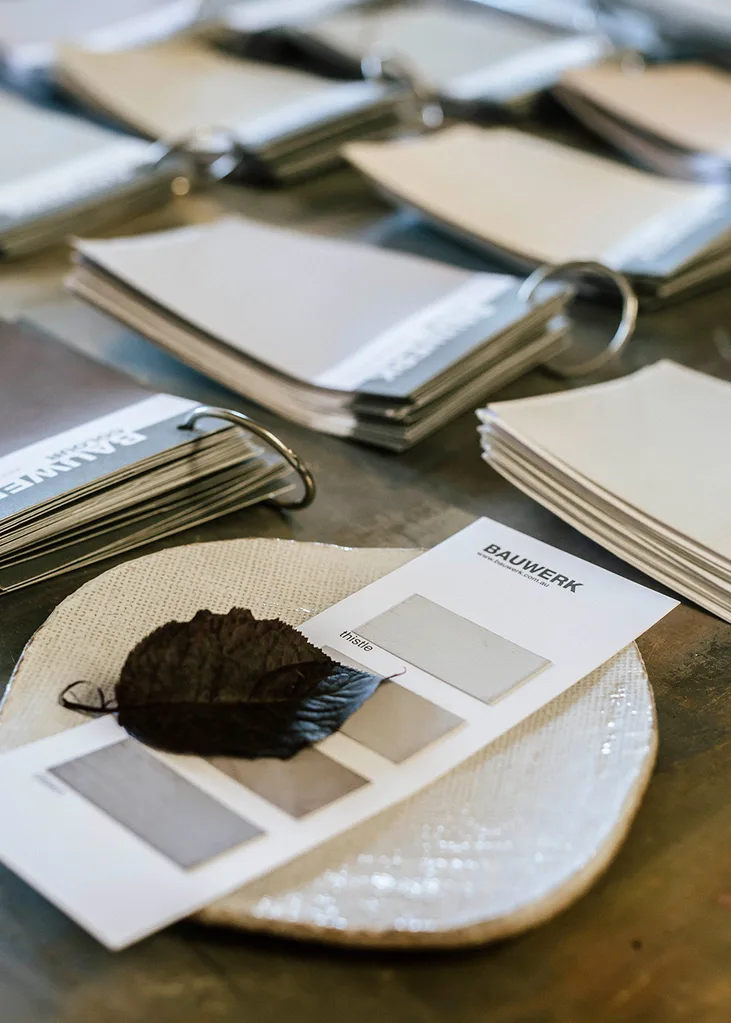
Pick furniture before paint
If you’re revamping an entire room, furniture and all, it’s important that you select all your key pieces of furniture first. Furniture costs a lot of money, so you want the paint colours on the walls to complement your furniture picks.
How to pick paint
When you do finally hit the shops to pick up your colour of choice, pay close attention to how saturated and pigmented your colour is. You want a colour (regardless if it’s light or dark, rich or pastel) that has depth and a rich pigment, as this particular characteristic will ensure the paint on your walls looks lovely regardless of the lighting situation.
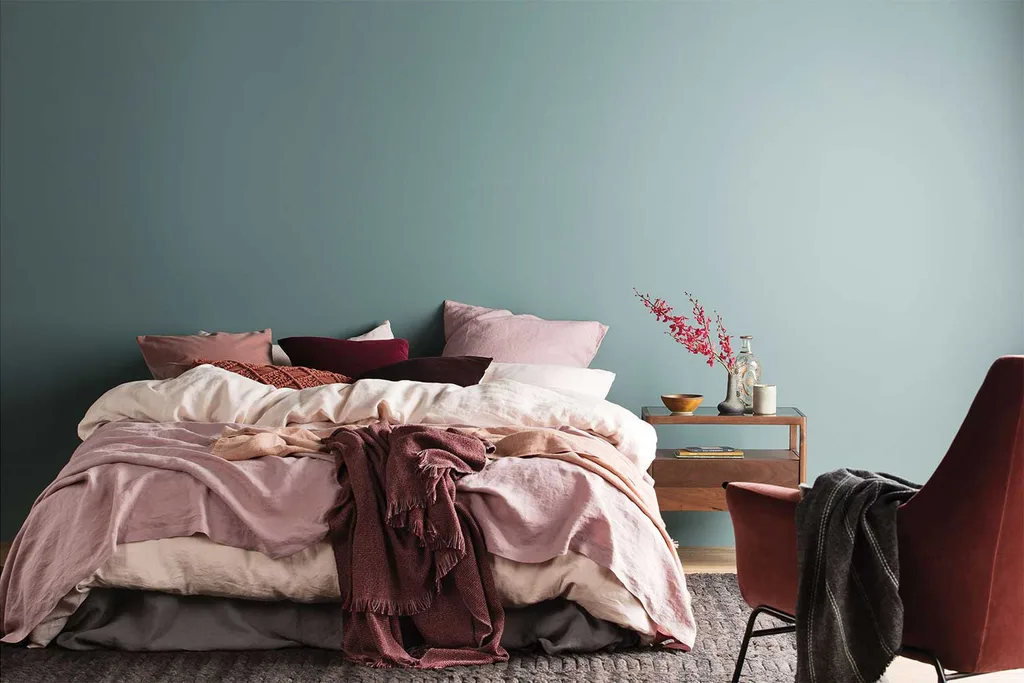
Test the location and lighting
Once you’ve got the colour in your hot little hands, it’s time to test it out. First, make sure you have any lighting you plan to use in the room, in the room and ready to turn on. Paint a decently-sized (one foot by one foot) swatch of colour on the walls of the room you plan to paint. You will need a swatch on a wall that gets direct sunlight and one that doesn’t so you know exactly how the shade will look in both conditions. Also evaluate how the colour looks with your chosen lighting turned on. Remember, a colour will look darker than it truly is if it’s set against a light background, and darker than it truly is when set against a light background. A swatch of paint can also look different if each of the walls you test on are already different paint colours.
Prime your wall
Now it’s time to set your wall up for painting. Make sure you sand away any bumps, flaws or recently-filled holes. Give the wall a dust and wipe down to remove dust, dirt and oils that have been transferred from hands or pets, then put on a coat of primer before you lay on any colour. This will seal the walls and provide you with a base the paint can adhere to.
This article originally appeared on Better Homes and Gardens.
You might also like:
The best kind of paint for kitchen cabinets
The house colour that’s going crazy on Pinterest
These are the most popular paint colours in Australia right now
